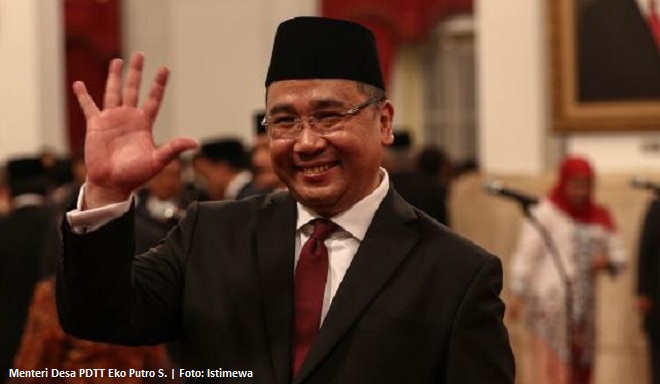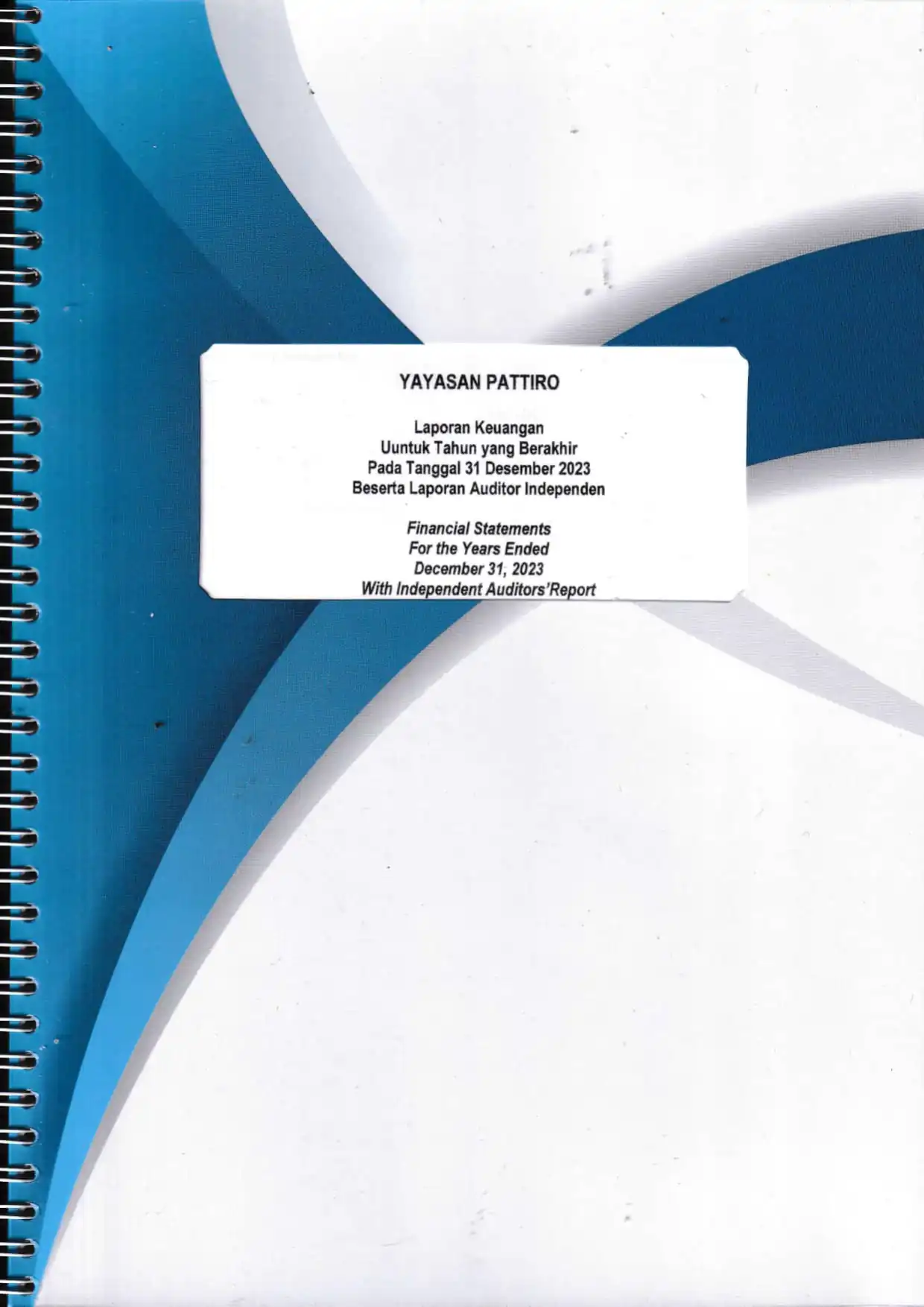
Last Wednesday, July 27 2016, President Joko Widodo carried out another ministerial reshuffle in the Working Cabinet. One of the new names that appeared in the second ministerial reshuffle was Eko Putro Sanjoyo, who now serves as Minister of Villages, Development of Disadvantaged Regions and Transmigration, replacing Marwan Jafar.
PATTIRO Executive Director Sad Dian Utomo said there were three works that had not been completed by the previous PDTT Village Minister and had to be completed immediately by Minister Eko so that the Village Law could be implemented more optimally.
The first job, said Sad Dian, is that the PDTT Village Ministry under the command of Minister Eko should prioritize strengthening coordination with other related ministries. Not only with the Ministry of Home Affairs and the Ministry of Finance, according to Sad Dian, the Ministry of Villages PDTT must also start building better coordination with other ministries such as the Ministry of Agriculture, Ministry of Maritime Affairs, Ministry of Forestry, Ministry of Cooperatives and MSMEs, Ministry of Agrarian Affairs and Spatial Planning, Ministry of Energy and Mineral Resources, and other technical ministries that have programs in villages.
“This must be prioritized because it is strategic work. “That way, it is hoped that the technical ministry can enter the village with the same perspective in advancing and making the village independent in accordance with the mandate of the Village Law,” explained Sad Dian.
Sad Dian explained that the Ministry of Villages, PDTT, in making villages independent, carries the concept of building villages and developing villages. In the concept of developing villages, villages are responsible and have the authority to develop their potential and become independent. Meanwhile, the concept of village development emphasizes that regional and central governments also have the responsibility to advance rural areas in accordance with agreed regional plans.
“The concept of developing villages only exists within the scope of the village. So, it is the village that has the authority. However, when it comes to developing and advancing rural areas, that is the authority of the regional and central governments. Therefore, to make villages completely independent, there needs to be cooperation between the village government, regional government and central government, in this case the PDTT Village Ministry and the Ministry of Home Affairs. “This is because the Ministry of Home Affairs has authority over the work of regional governments,” said Sad Dian.
Apart from that, this coordination is needed so that no other ministries or state institutions enter the village without involving the active role of the village government as organizer of government, development and village empowerment.
For example, Sad Dian said, the Ministry of Agriculture should not directly run programs with farmer groups in villages without giving a role to the village government. “Giving a role to village governments is important because they uphold the principle of being a self-governing community,” explained Sad Dian.
“In order for this to happen, Minister Eko must be able to convince ministries that want to enter villages to also involve the village government as a whole. “The aim is none other than to make the village independent,” concluded Sad Dian.
The next important thing, said Sad Dian, is the distribution of village funds. He said that the new PDTT Village Minister must be able to ensure that village funds are distributed on time. “Unfortunately, in the past two years, there are still delays in the distribution of village funds which could be caused by the village government itself or even the district government,” he said.
Not only ensuring timeliness in distribution, Minister Eko must also ensure that the village funds disbursed by the government are spent transparently by the village government. “In many villages, due to the low level of transparency, the benefits of village funds are only felt by village elites. “Therefore, it is obligatory for the PDTT Village Ministry to educate village communities so that they can be involved in village development and benefit from the existence of village funds,” he added.
“The timeliness of distribution and transparency in the use of village funds is very important because these funds are really needed as capital and the main tool to move the village,” stressed Sad Dian.
What is no less important for Minister Eko to do immediately is meeting the needs and developing the capacity of village assistants. “From this year’s recruitment process, there are only 10,600 village assistants. “The PDTT Village Ministry still needs to recruit around 8,400 more people so that the quota for village assistants is met,” said Sad Dian.
Furthermore, Sad Dian emphasized that the PDTT Village Ministry needs to immediately develop the capacity of village assistants through training. “Because the village assistants who were recruited have not received capacity development. “This is important so that they understand that the village assistant’s job is not only to manage village funds but also to help solve various problems faced by the village independently,” he added.
Apart from completing the three homework assignments, Sad Dian also advised Minister Eko to continue the good policies that the previous minister had implemented. One of them is the institutionalization of civil society participation that focuses on village issues through the formation of the Village Working Group (Pokja) for Developing Indonesia.
“Not only completing existing homework, Minister Eko must also continue the good policies that previous ministers made, such as institutionalizing civil society participation. “In addition to continuing, this institutionalization must also be strengthened so that community participation in developing the village provides maximum benefits for village residents by encouraging the implementation of multi-stakeholder forums involving civil society at the district/city and/or provincial levels,” stressed Sad Dian.
This article was published in:
- Hukumonline.com by title Ini 3 Pekerjaan Rumah Menteri Desa yang Baru
- Tribunnews.com by title Tiga Pekerjaan Rumah yang Harus Diselesaikan oleh Menteri Desa PDTT Baru




